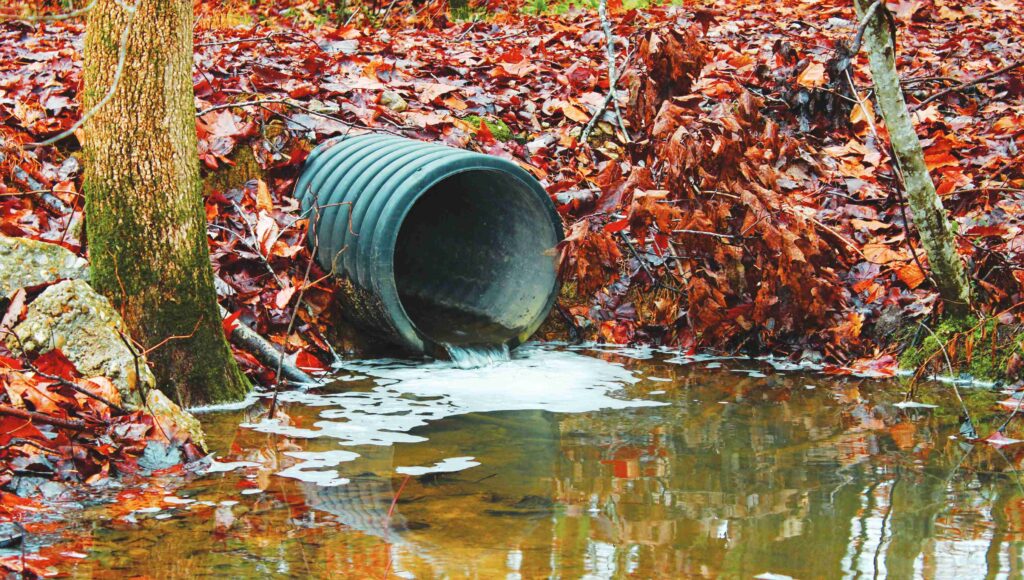
Meanwhile, in another move, the Gujarat government plans to implement the central government’s Liquid Waste Management Rules 2024 to tackle the increasing challenges of wastewater management in residential communities, urban local bodies, and industrial sectors.
Under these regulations, residential societies are classified as bulk users of water if they consume over 5,000lt daily or exceed a biological oxygen demand (BOD) of 10kg per day. This categorization will encompass a considerable number of apartment complexes, which must register on a centralized platform regulated by the Central Pollution Control Board (CPCB).
A key feature of these regulations is the introduction of Extended User Responsibility (EUR), which mandates bulk users to manage the treatment and reuse of their generated wastewater.
Starting in April 2027, new residential societies will be required to recycle 20% of their total water usage, with this requirement escalating to 50% by April 2030. Existing societies face more gradual targets, starting with 10% in 2027-28 and increasing to 25% from 2030-31. These targets are designed to foster sustainable water management practices within residential communities.
In the industrial sector, these regulations mandate specific wastewater reuse targets based on a percentage of total freshwater consumption. For instance, an industrial unit utilizing 100,000lt of freshwater daily will be required to recycle at least 60,000lt of treated wastewater by 2027-28. Industries such as thermal power plants, pulp and paper manufacturing, and textiles are identified as key sectors for implementing these wastewater reuse initiatives.
 CIJConnect Bot-enabled WhatsApp
CIJConnect Bot-enabled WhatsApp












